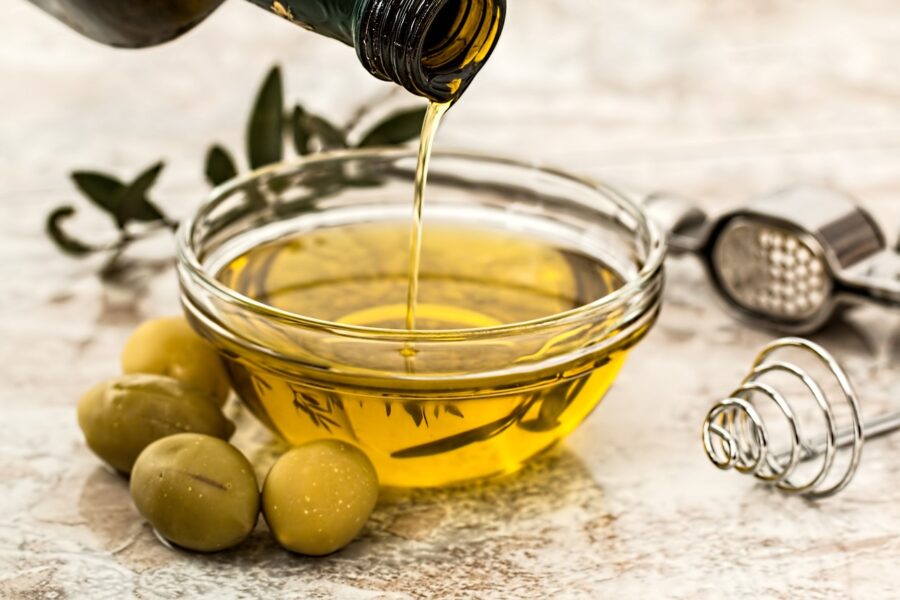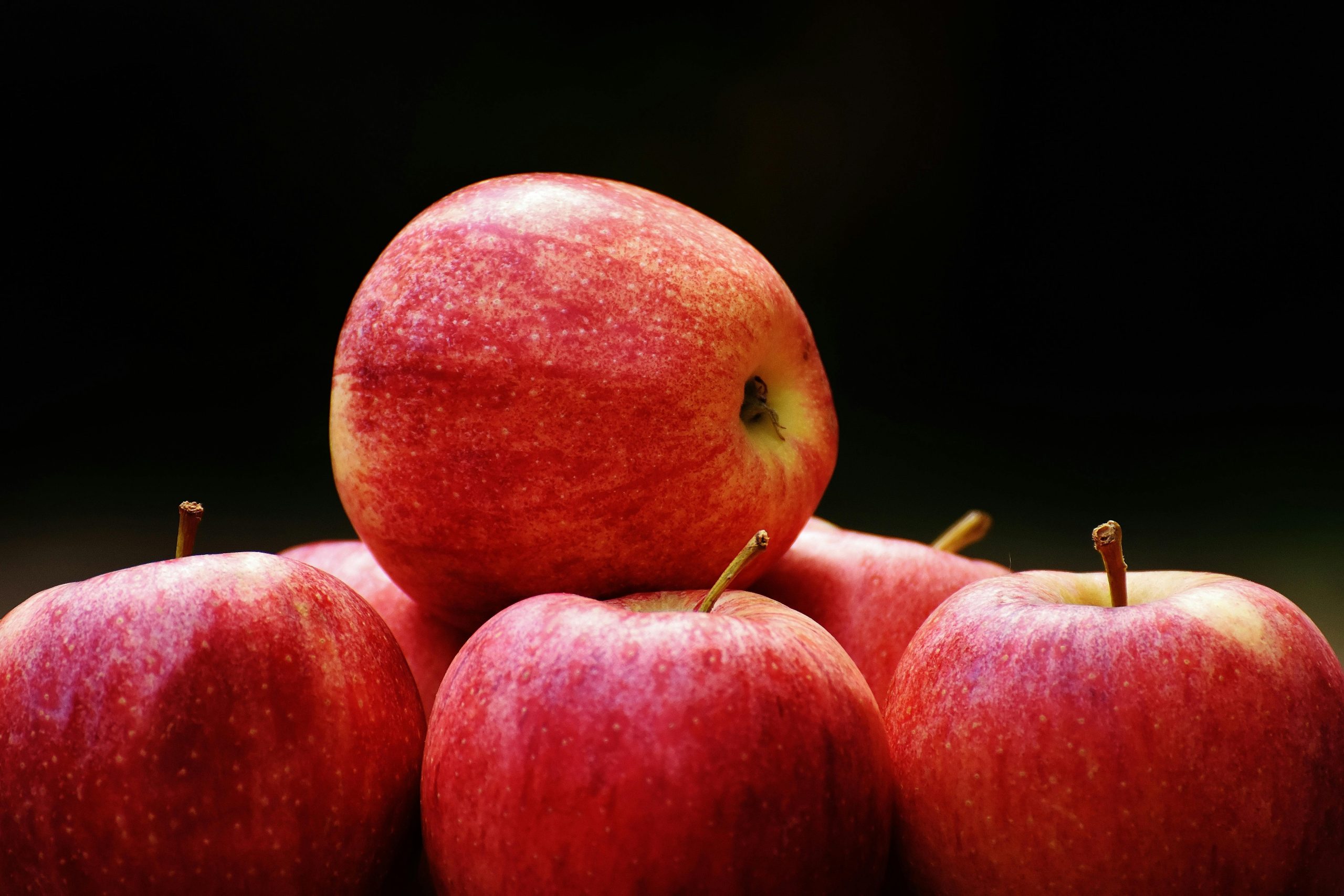Vegetable oil, an essential in everything from pizza dough to shampoo, is in short supply largely because of weather disasters and the growing use of biofuels to replace fossil fuels as the fight against climate change intensifies.
Bloomberg recently reported that producers are looking for used oil, the sludge from processing palm oil and new nonfood crops that could be converted for ethanol and biodiesel.
Biodiesel production – which involves feedstocks such as soybean oil, rapeseed oil, used cooking oil and animal fats – rose more than 15% in 2022 to 53 million tons while 27 billion gallons of ethanol – which is made from corn, sorghum and barley, and the sugar in sugar cane and sugar beets – was produced in 2021.
Tom Dunn, CEO for Filta Environmental Kitchen Solutions, told The Food Institute his company has collected 942 million pounds of waste oil since its U.S. franchise opened.
“Our clients are keen to make their valuable oil commodity last longer and know they’re not contributing to environmental waste when oil is recycled for biodiesel instead of dumped,” Dunn said.
ISSUES AT PLAY
The problem now is demand is cutting into supplies used for food, raising the question of what should take precedence: feeding the world population or fighting climate change.
Consumption by the U.S., Europe, Brazil and Indonesia of biodiesel, renewable diesel and biojet fuel has fueled most of the growth, Bloomberg reported.
As a result, Dorab Mistry, an influential trader, said prices are expected to increase, boosting inflation.
“There are several potential solutions to the vegetable oil shortage that could help to balance biofuels and food security,” Hanery John , CFA at Ledask, told The Food Institute. “One solution is to focus on sustainable biofuels that do not compete with food crops. This could include biofuels made from algae or waste materials such as agricultural residues and municipal waste.
“These alternative feedstocks could help to reduce the pressure on vegetable oil supplies without impacting food production.”
INNOVATIVE SOLUTION?
Yield10 Bioscience is working on alternatives.
Yield10’s CEO, Oliver Peoples, said his company is developing Camelina sativa, an oilseed crop, that can serve as a low-carbon alternative feedstock for transportation and aviation biofuels.
“Yield10 is developing both spring and winter varieties of Camelina to enable cover cropping and crop rotations to enable higher utilization of crop land year-round,” Peoples said, adding developing a network of growers will enable large scale commercialization.
The Food Institute Podcast
Click the play button above to listen to the episode.
How did a small sub shop from Point Pleasant, New Jersey, grow into a 2,400-store operation across 50 states? Jersey Mike’s Franchise Systems Inc. senior vice president Caroline Jones shares the company’s evolution after deciding to franchise the concept in 1987. Additionally, Jones shares stories of growing up in the business, and how the company’s philanthropic efforts help to endear franchise locations to each community they serve.












